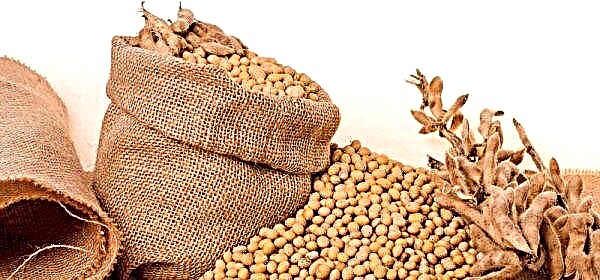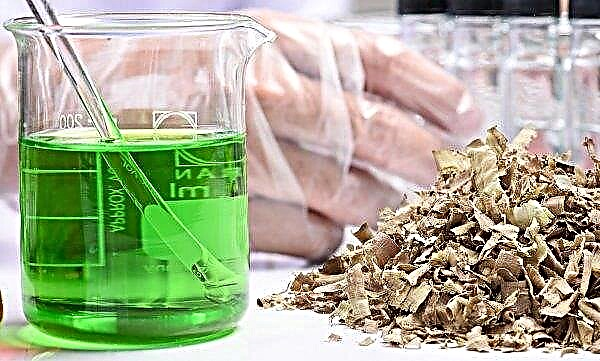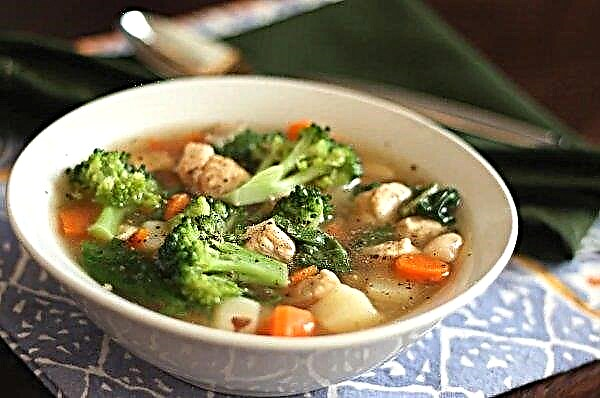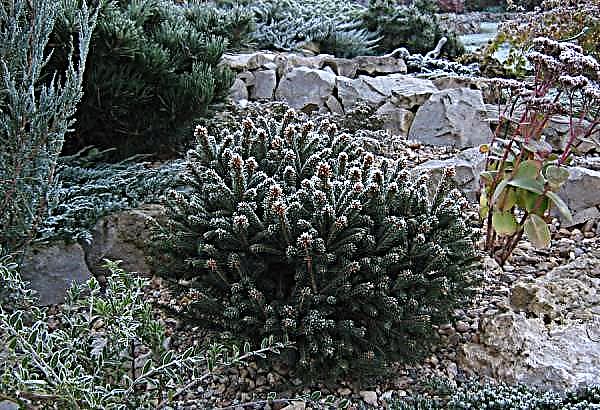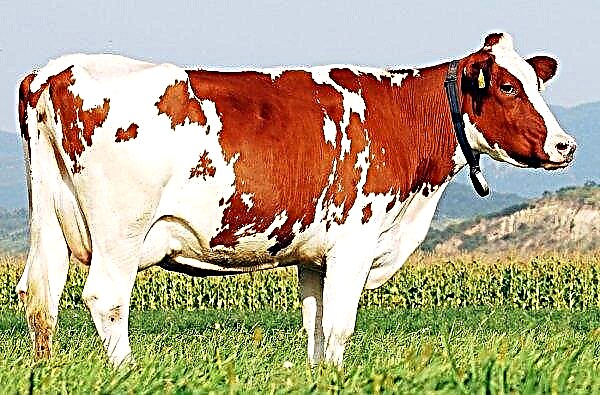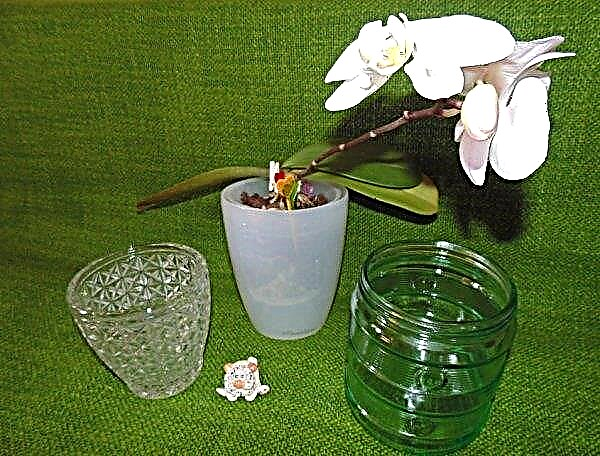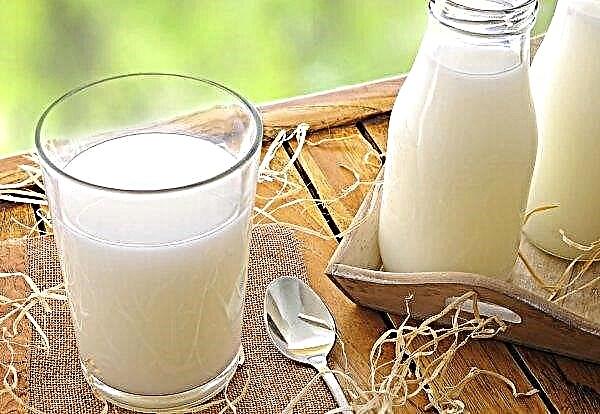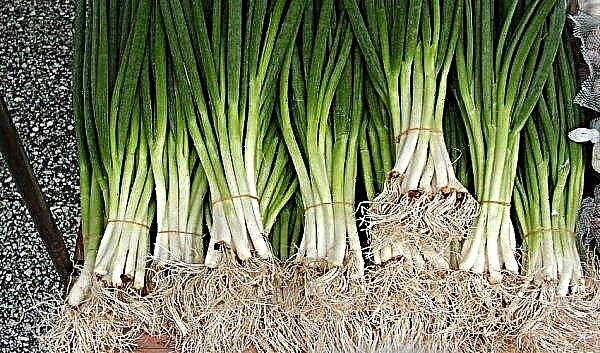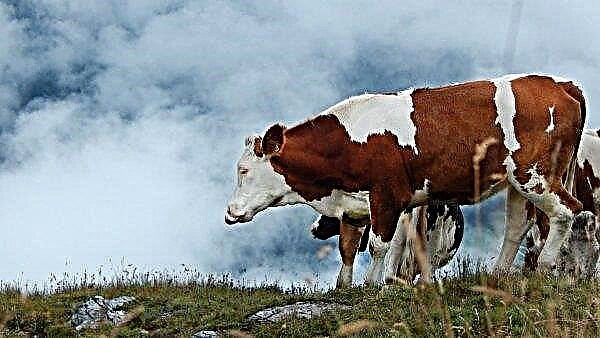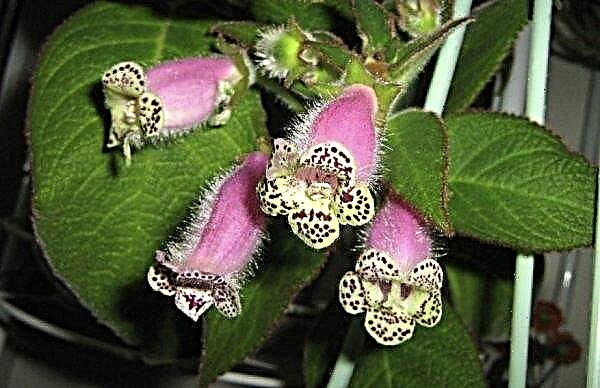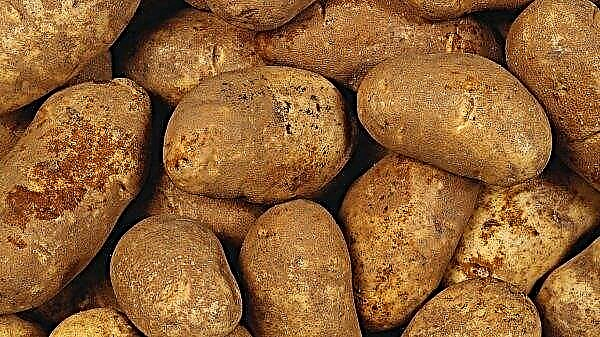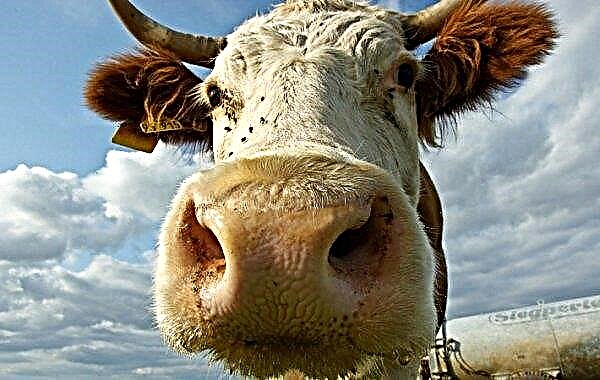To reduce the impact on the planet, the diet of cows may soon consist of garlic. Work done for 15 years at INRA, now INRAE, has shown that this food with many benefits can reduce methane production by 20%.
Cattle are now recognized to be involved in half of the greenhouse gas emissions in agriculture due to flatulence and belching. This represents 40% of greenhouse gas emissions into the atmosphere in agriculture; methane produced is also 25 times more harmful than CO2.
It is estimated that a dairy cow produces 90 kg of methane per year, ten times more than sheep.
Due to its antibacterial effects, garlic can reduce the formation of methane, since it acts as an inhibitor of an enzyme specific for methane microbes.
Swiss company Mootral already plans to launch a food supplement consisting of garlic and orange zest, which should reduce methane emissions by 30%.
 Garlic is toxic to dogs and cats. Therefore, they should not be given food from the table containing this vegetable.
Garlic is toxic to dogs and cats. Therefore, they should not be given food from the table containing this vegetable.
The Dutch company DSM has applied for permission to sell 3-NOP (nitrooxypropanol) additives in the European market, which it plans to sell from 2021.
This supplement also aims to reduce methane emissions by 30% bovine in terms of its effect on enteric fermentation. The product was developed by Pennsylvania State University and the University of Otago in New Zealand.
It remains to be seen whether breeders are prepared to pay the additional costs to reduce these methane emissions. Finally, the best way to significantly reduce emissions is to reduce livestock and meat consumption.
- The Ukrainian producer of garlic suffered from a fire, but does not lose optimism.
- Earlier we reported that garlic from the Transcarpathian mountain village has become a local brand.
- We also wrote that garlic in Ukraine will become cheaper.
- Supermarkets of Ukraine are flooded with Chinese garlic.
- Read more about the harvest of a new variety of garlic of Ukrainian selection.

